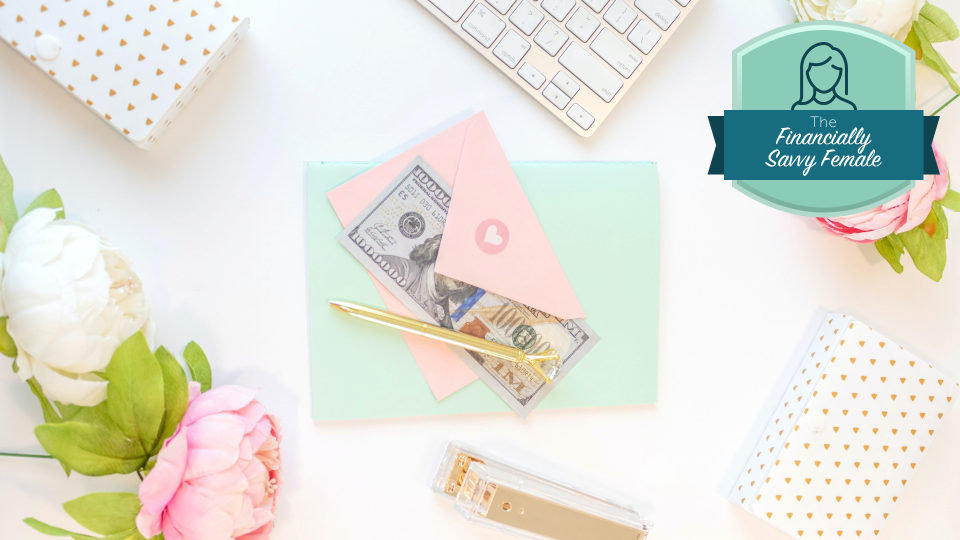2 Major Financial Biases Women Still Face — and How To Overcome Them

Women have made some notable financial strides in recent years. GOBankingRates’ 2023 Women & Money survey found that nearly half of women (43%) are actively investing; the majority have neither student loan debt (57%) or credit card debt (43%); the majority (59%) are solely responsible for the financial decisions in their household; and 60% of women are financially independent. Yet despite their strong financial standing, many people still hold certain biases when it comes to women and money.
Discover: 10 US Cities With Plenty of Jobs and Cheap Housing
Learn: How To Guard Your Wealth From a Potential Banking Crisis With Gold
In this “Financially Savvy Female” column, we’re chatting with Kelly Regan, CFP, vice president and wealth advisor at Girard, a Univest Wealth Division and Anne McCabe, CFP, managing director and partner at Curo Private Wealth, about the top financial biases women face and how they can work to overcome them.
Bias #1: Women Shouldn’t Be Financial Decision Makers
Despite the fact that 59% of women are solely responsible for their household financial decisions, there is still a prominent belief that women shouldn’t make money decisions on their own.
“The biggest bias I still see women face when it comes to finances is that the man should make all the financial and investment decisions; I see this happen even in instances where a woman is the breadwinner,” McCabe said. “Historically, while women stayed home to raise the children, men worked, which gave them the power to make financial decisions. Unfortunately, this dynamic is still in existence for a lot of women — regardless of their employment status, higher college graduation rates and salaries.”
Women may encounter this bias within their own relationships, or with a third party when they are establishing their own financial accounts.
“Another bias women might encounter is [the assumption] that their finances are merged with their significant other’s,” Regan said. “For instance, a woman who is ready to open a new bank or investment account could be assumed to have or want another owner for the account. Today, however, that notion is challenged more regularly.”
Take Our Poll: Would You Move for a Job That Paid You a $10,000 Signing Bonus?
To overcome this assumption, it’s important to be assertive.
“Be direct in explaining the expected titling of the accounts, the primary or sole owner to be communicated with, and any other expectations she may have as a client,” Regan said. “Make it evident that you have done your research and ask for what you want. By having more control of the communication, it will help steer yourself away from being subject to bias.”
Bias #2: Women Do Not Know as Much About Investing
The GOBankingRates survey found that less than a quarter of women (24%) cited a lack of knowledge as a barrier to investing. Yet, many people still assume that women are clueless about the topic.
“A common bias I encounter is that women are less knowledgeable about investing compared to men,” McCabe said.
Women may also be assumed to be more risk-averse — though this isn’t necessarily a bad thing.
“Women tend to be better investors,” McCabe said, “because they take more calculated risks and are less likely to follow trends such as cryptocurrency, for example.”
The best way for women to overcome this bias is to invest anyway. The simplest way to do so is often through a workplace retirement account, but there are a number of options available, including money market accounts, individual stocks, index funds and real estate.
More From GOBankingRates
Keep an Eye Out for Rare Dime Worth as Much as $2,000 -- How To Spot It
Financial Insight in Your Inbox: Sign Up for GBR's Daily Newsletter
This article originally appeared on GOBankingRates.com: 2 Major Financial Biases Women Still Face — and How To Overcome Them

 Yahoo Finance
Yahoo Finance 